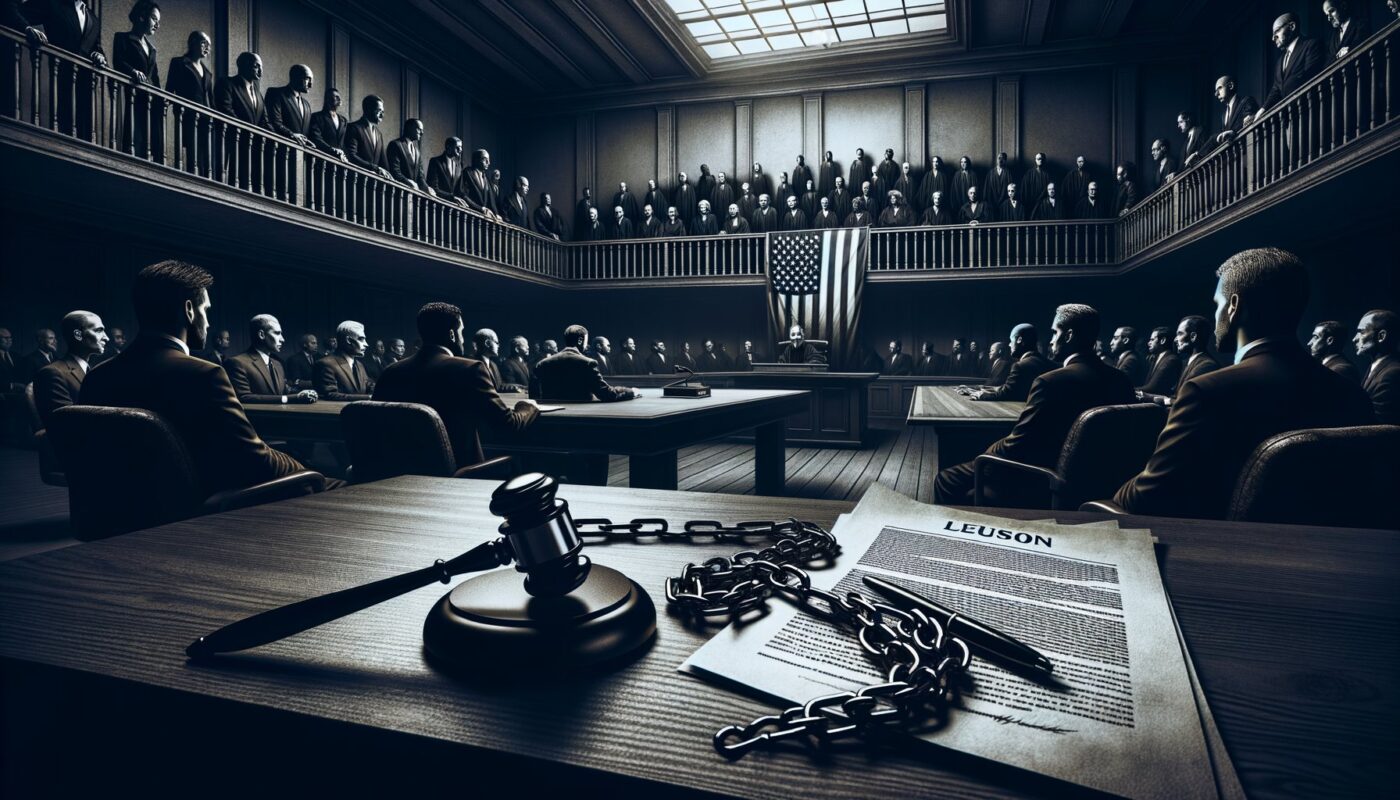The U.S. Supreme Court is currently examining a pivotal Texas law, H.B. 1181, which seeks to impose restrictions on pornography accessible to minors. This high-profile case is raising significant First Amendment concerns as it attempts to balance child protection with adult rights to access legal content. As the nation watches, the implications of this decision could ripple through legislative efforts countrywide.
Understanding Texas’s H.B. 1181
Texas’s H.B. 1181 mandates age verification checks for users attempting to access adult content online, aimed ostensibly at shielding minors. However, critics argue that this requirement infringes upon First Amendment rights by imposing overbroad limitations on free speech. The law’s advocates assert it’s a necessary step for public health and youth protection, whereas detractors argue it unnecessarily burdens adult users seeking legal content.
Historical Context and Previous Rulings
Historically, the Supreme Court has displayed hesitance towards laws perceived to excessively dampen freedom of speech. Comparable statutes in the past were deemed unconstitutional, with the high court emphasizing the overreach of restricting lawful adult access to speech. This version of a pornography regulation bill in Texas tests similar boundaries and appeals for a schema that might persuade justices to shift their stance.
Arguments from Both Sides
Proponents of the Texas law believe that age verification mechanisms offer a viable solution without completely obstructing adult access. These measures are viewed as progress toward a safer internet environment for children. On the contrary, challengers, including the Free Speech Coalition, argue that such laws do not effectively target the root causes of underage exposure and instead substantially inconvenience lawful users.
The central issue remains—how effectively can the law distinguish between protecting youth and infringing on constitutional freedoms?
What’s On the Line?
This case holds massive potential to shape future legislation nationally. Should the Supreme Court side with Texas, it could pave the way for stricter age-verification protocols elsewhere in the U.S. Conversely, if the court rules against H.B. 1181, it would reassert boundaries seen as critical under the First Amendment for digital content access.
Challengers of the law argue in alignment with those who questioned the fairness of other controversial state laws highlighted in similar legal battles, such as the case during Governor Abbott’s controversial decisions surrounding public displays of political support.
As the court deliberates, the eyes of constitutional scholars and public policy makers are fixed intently on the potential landmark ruling. Could this case set the stage for future debates around digital freedoms and age-specific legislation?
In conclusion, the Supreme Court’s decision on Texas’s H.B. 1181 law remains a fulcrum for future legislative action regarding online content. Both child safety and adult freedoms are grounded in this debate, echoing broader questions on privacy, regulation, and governmental reach into individual liberties online—a balance that remains ever delicate.
Warning : This information is indicative and without guarantee of accuracy. Consult a professional before making any decision.





